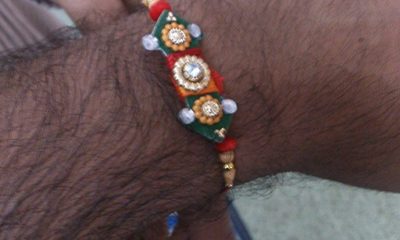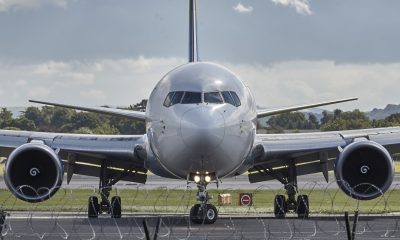Thanks to McDonald’s people around the world get by everyday eating easily prepared meals. The very successful chain of stores revolutionized the fast food industry. In the United States, almost every corner of every street has a McDonald’s establishment that provides quick service for hungry people. Their reach is so wide such that this fast food chain company now provides online delivery. However, there is one place in the world where the fast food giant incurred losses instead of profits. In Bolivia, people are not convinced that McDonald’s is the answer to quick, ready meals. For the past decade McDonald’s has been slowly pulling out of the South American country.
No to fast food
The South American country is unlike any of its neighbors. Bolivians do not believe in the process of preparing food for short periods of time. About 60% of Bolivians belong to indigenous populations and are not easily attracted to Western-style promotions and advertisements concerning easily prepared meals. Given this perspective, it is not surprising at all that a fast food chain such as McDonald’s finds it hard to expand the business and maintain sales in Bolivia. The time has come that the company’s losses are too great to regain some of the investments.
Never been inside
Esther Choque, a citizen of Bolivia, openly expressed her opinion about McDonald’s. According to Esther, the closest she ever got to McDonald’s and the only time she stepped in front of its door was when rain suddenly started to pour down. She even got shooed away by a staff telling her she was only dirtying the floor. After that experience, and with the innate notion that eating fast food is not good for the health, she does not even care at all if McDonald’s leaves Bolivia for good.
Taking a chance
Despite the rejection of the people of Bolivia to their means of preparing and presenting food, McDonald’s is still trying to regain its composure by leaving eight shops at certain locations. McDonald’s outlets will still operate in the cities of La Paz, Cochabamba and Santa Cruz de la Sierra. Since these branches opened to serve the populace, it has only become tougher for them to gain profits as the years go by.
The cultural rebuff
What happened to McDonald’s in Bolivia got the attention of marketing specialists and managers. This led to the documentary entitled “Why McDonald’s Left Bolivia” The documentary featured nutritionist, educators, cooks and even historians who broke down the factors leading to McDonald’s failure to dominate the Bolivian market. Included in the documentary are cultural factors which made it quite clear why Bolivians do not want to eat in fast food restaurants.
According to studies, Bolivians do not reject McDonald’s per se. The rejection behind the fast food industry is deeply ingrained in their cultural belief that meals are prepared during a certain amount of time. Bolivians have a lot of respect not only for their body but also for anything that they ingest. For them, a proper every day meal should be prepared with just the right time that it requires to cook. It must also be cooked the right way.
Photo Credit: McDonald’s Big Mac















Facebook
Twitter
Pinterest
Google+
LinkedIn
Email